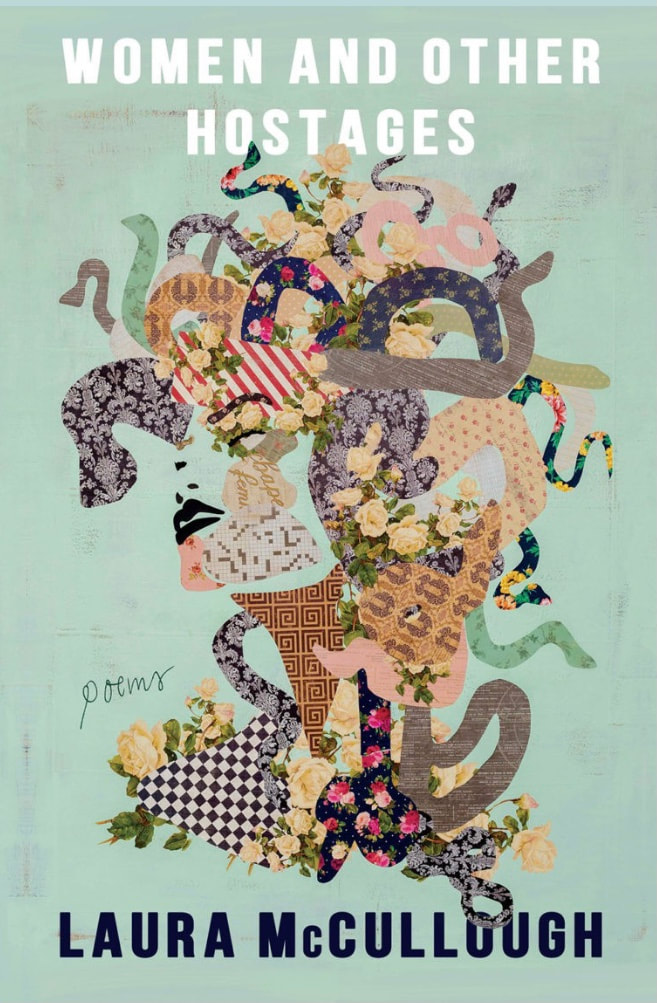LAURA MCCULLOUGH
|
The pressures on teachers mount every year. Before Covid, teachers were implicitly tasked with responding to family and societal pressures and deficits that we as a country overall couldn’t or wouldn’t address. We were asked, without training, to fill in the emotional gaps in broken families, to teach skills that over-worked and financially struggling families didn’t have time to teach, to intervene in all kinds of stress related problems, to manage classrooms, all while teaching every student in every mode of neurodiverse presentation, and during Covid, we were asked to take on more emotional labor, and to do so even if our own families and we ourselves were struggling. We were supposed to be the flag bearers of hope and resilience while maintaining standards and also accommodating everyone’s needs and issues.
We are in a major transition time regarding education; emotional and ethical issues need to come into classrooms more now than ever. This does not mean specific ideologies that various people might fight over or resist. It means things like learning how to listen without becoming reactive. It means learning how to have eye contact with other people without feeling overwhelmed. It means being able to listen without trying to establish a response (because then you’re not really listening) until someone is finished speaking. It means teaching people that we can slow down and be really present with each other. It means creating environments where curiosity about the self, others, and the world is fostered before focusing on information acquisition and skills demonstration, which is the predominant mode of education right now (which goes along with the money focused matter of standardized testing.) So all that’s abstract, though what does this mean in real life? There’s a myth that relationships should just flow. They might at times, but all relationships take work. That work starts with the most important relationship in our lives, the one with ourselves. As much as we all wish our parents and caregivers could give us everything we deserved and needed, they were just people themselves. They were people who may not have gotten what they needed from their parents or caregivers. Or maybe they were dealing with traumas or stressors that impacted how they treat us. There are issues of substance use, mental or emotional dysregulation, and more. The reality is that all of us have to understand and accept our Families of Origin (FOO), and then learn how to parent ourselves and heal whatever parts of us might have been wounded by those we love. I like to call this becoming your own best friend. Learning self acceptance and self-talk is a start. Doing that self work is a life-time practice, and it is part of what we need to do as we work on the relationships in our lives. Understanding whether we tend be worried or anxious about how others perceive us or whether we are self-protective by withholding our true selves, avoiding intimacy, or even sabotaging relationships is a key starting point. That's attachment theory. As teachers, recognizing relational anxiety (can look like neediness or attention seeking) or avoidance (can look like self-sabotage, lack of personal accountability, or posturing) in students can help us not take student behavior so personally and be more compassionate. We can then offer metacognitive skills to help the student into more positive ways of interacting. Sensing our own unprocessed relational wounds when we relate with others, even students, can help move a stuck relationship to a new level. As educators, we are not immune from many of the things our students deal with. We fear failure, being judged, not being valued or liked, being an outsider, and more. We have our own little negative voice that can undermine us. Learning to deal with that voice, to explore our own fears and anxieties and become more comfortable with discomfort, to re-frame negative thoughts, to do the work of relational healing means we are more capable of helping our students do that. Most wounds that happen from relationships need to be healed in relationships, just NOT the ones where the wound happened. Educators have been given an unfair burden of emotional labor in helping the psycho-emotional aspects of our students, but education is supposed to be about developing the whole human being. Accepting that teachers are human beings in their own processes and giving them more resources is paramount. Understanding that the educational environment is not just about data delivery and skills acquisition is crucial. Relationships are at the core of what it means to human, and they are messy and wonderful, but most of us are left to figure them out (or suffer in isolation) on our own, and we are even punished (or punish our students) for not being good at them. Relational, interdependent life skills should be a focus of education, a central aspect of education, not just an accidental, crisis driven Band-Aid, and teachers need to the support and training to do the real job of fostering human growth.
0 Comments
Leave a Reply.Archives
October 2023
Categories
All
|

 RSS Feed
RSS Feed
